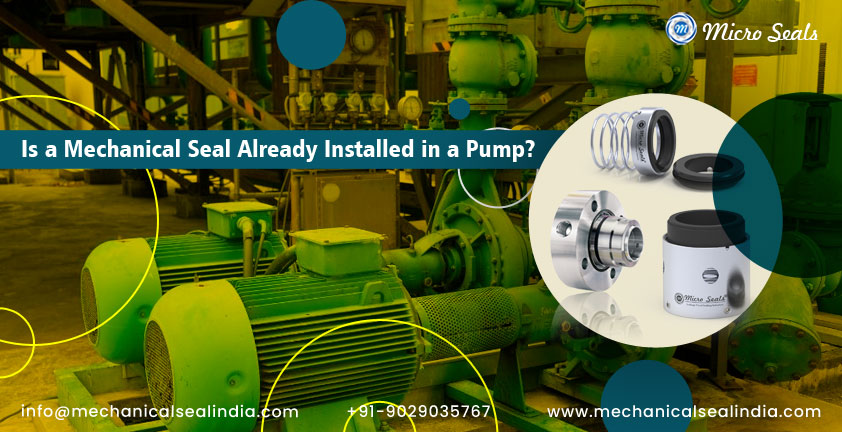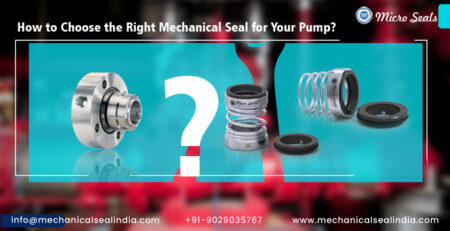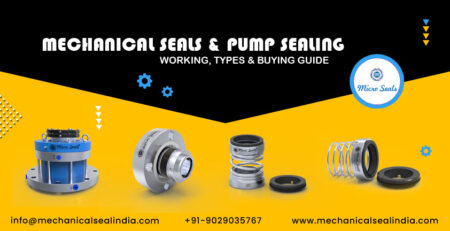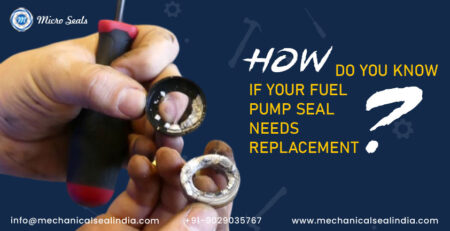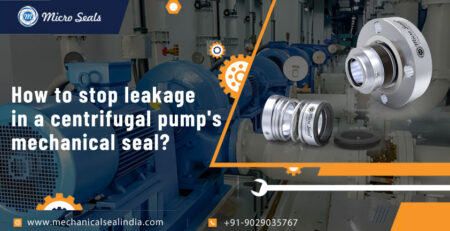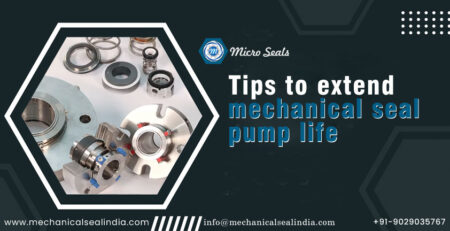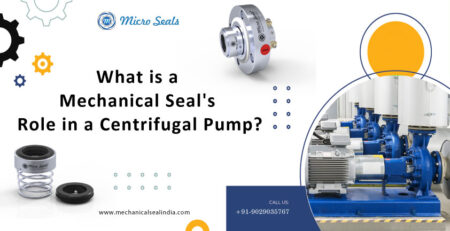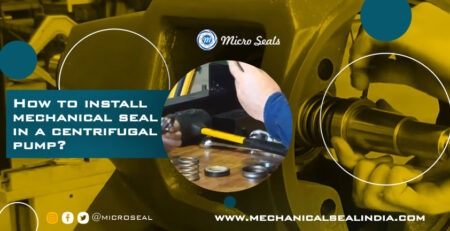Mechanical seals play a crucial role in preventing leaks in pumps by creating a secure barrier between the rotating shaft and the stationary pump housing. However, many users often wonder whether their pump already comes with a mechanical seal or if they need to install one separately.
Table of Content
Understanding Mechanical Seals in Pumps
A mechanical seal is designed to prevent fluid leakage in centrifugal and other types of pumps. It consists of a stationary ring and a rotating ring that create a tight seal using pressure and lubrication. Pumps generally use either mechanical seals or traditional packing methods to control leakage.
How to Determine If a Pump Has a Mechanical Seal
If you’re unsure whether your pump is equipped with a mechanical seal, follow these simple steps to check:
- Check the Manufacturer’s Manual
Most pumps come with a user manual that specifies the type of sealing mechanism used. Look for details on mechanical seals under the specifications section. - Inspect the Pump Assembly
- If the pump has an external packing gland with visible rope-like material, it likely uses packing rather than a mechanical seal.
- If you notice a metal or composite sealing component around the shaft with a spring-loaded design, it indicates the presence of a mechanical seal.
- Look for Leakage Signs
- A properly installed mechanical seal prevents leaks. If you observe continuous leakage from the shaft area, the pump may use packing instead of a seal, or the seal may be damaged.
- Identify the Pump Type
Some pumps, like submersible pumps and high-pressure centrifugal pumps, usually come pre-installed with mechanical seals. On the other hand, older models of centrifugal pumps may still rely on gland packing. - Consult the Manufacturer or Supplier
If you’re uncertain, contact the pump supplier or manufacturer for clarification. They can confirm whether your specific pump model comes with a mechanical seal.
Why Is a Mechanical Seal Important?
Mechanical seals offer several advantages over traditional packing:
- Enhanced Leakage Prevention: Unlike packing, which allows controlled leakage, mechanical seals create a near-perfect seal.
- Reduced Maintenance: Properly installed mechanical seals require less frequent replacement compared to packing rings.
- Increased Efficiency: Mechanical seals reduce friction, preventing excessive wear and tear on the pump shaft.
- Energy Savings: They minimize energy loss by reducing shaft drag, leading to improved pump performance.
When to Install a Mechanical Seal?
If your pump does not already have a mechanical seal, it’s advisable to install one in the following scenarios:
- Frequent Leakage Issues: Persistent leaks can damage equipment and increase maintenance costs.
- High-Temperature or High-Pressure Applications: Mechanical seals perform better under extreme conditions compared to packing materials.
- Upgrading from Traditional Packing: If your pump relies on gland packing, switching to a mechanical seal can enhance efficiency and longevity.
Conclusion
Knowing whether a mechanical seal is already installed in your pump is crucial for proper maintenance and performance optimization. By checking the manual, inspecting the pump, and understanding your pump type, you can easily determine if a mechanical seal is in place. If not, consider upgrading to enjoy better efficiency and reliability.
For more insights on mechanical seals and pump maintenance, visit Mechanical Seal India.
To Know More about mechanical seal supplier Read Our Blog Post on top mechanical seal supplier For More mechanical seal services Information, Check out our Mechanical Seals Repair Page.
Microseals Is ISO 9001:2015 Certified Company and Leading Mechanical Seals Manufacturer & Supplier In India, Providing Leakages Solutions To All Types Of Pump Applications By Manufacturing Mechanical Seals And Sealing Components As Per Customer’s Require, Samples or Need. To Know More About Mechanical Seal Call On +91 – 9029035767 Or Email At [email protected]

